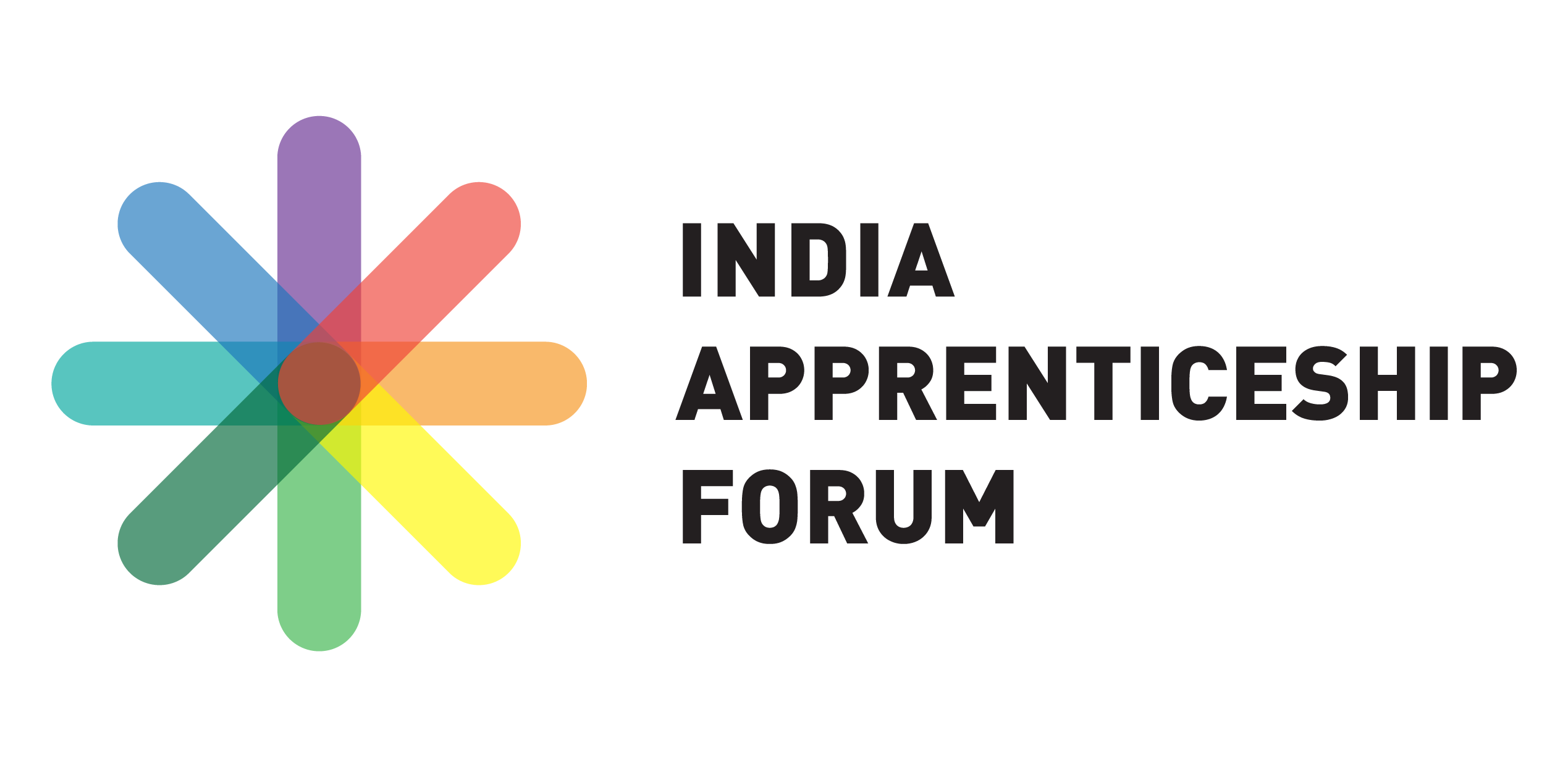Creating Employable Graduates
Quoting MSDE data, Neeti Sharma of Teamlease Services reveals that currently there are some 40 skill development programmes implemented across 20 government ministries, translating into 50 lakh students in public or private vocational training courses. Then why are students still seeking either a college education or further vocational training, Neeti asks. It’s a double edged sword. On one hand lakhs of graduates are deemed unemployable by Indian employers even as they continue to hanker for at least a graduate degree in their future employees. So what do youth do? Why are skills still not on par with traditional degrees in the Indian mindset? The solution is to inextricably thread vocational skilling into mainstream education. On-the-job learning such as apprenticeships are vital links that industry can build with academia to prepare the workforce of the future. Nine systematic steps are offered to lay down the blueprint for the next generation of skilled workforce in the country. Find out here.
High ROI in Skilling for Investors
Highlighting the magnitude of skilling requirement in India, the National Skill Development Corporation (NSDC) states investors can expect to reap a 15 -20 percent return on investment in skilling initiatives. NSDC CEO, Manish Kumar, hence gives a clarion call to social capital investors to grab the opportunity presented by a need to skill around 222 million people in India. Notwithstanding the overhaul in the Indian skilling landscape with the most government spend on vocational skills training than ever before, much more investment is required to address the scale of the problem. One major issue is the vast informal workforce. FICCI General Secretary Dilip Chenoy also sheds light on the kind of international training partnerships that can benefit both overseas investors and India’s severely inadequately trained workers. So why are Indian companies still shying away from skill development activities for their employees? Is the notion of a vocational qualification being a second class education just one of the hurdles? Find out what the Education Editor of the Australian Financial Review discovered.














